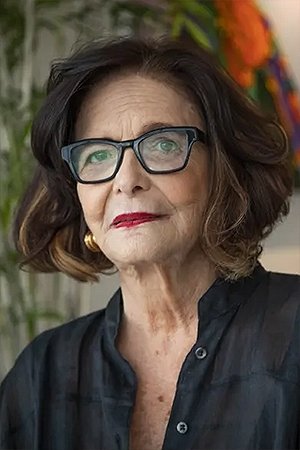
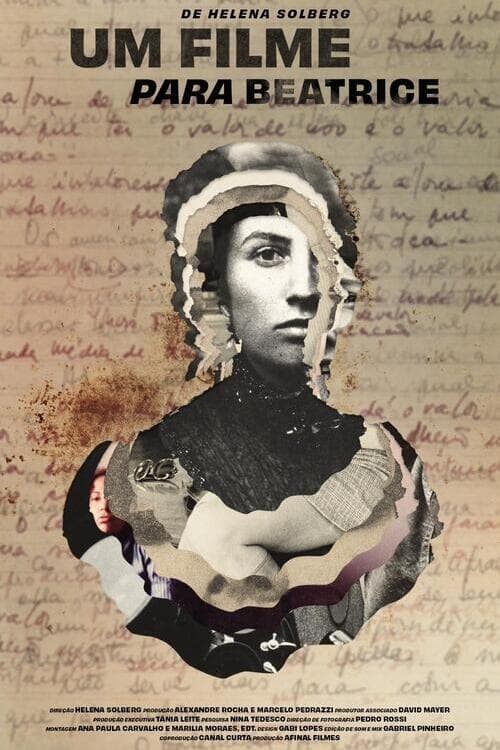
‘How are women doing in Brazil?’. It is this intriguing question, posed by an Italian journalist, that Helena Solberg tries to answer through elements of her films, from the 1960s to the present day. Along the way, encounters with figures such as Heloisa Teixeira, Rita von Hunty and Helena Vieira illuminate some of the cracks in this broad debate.
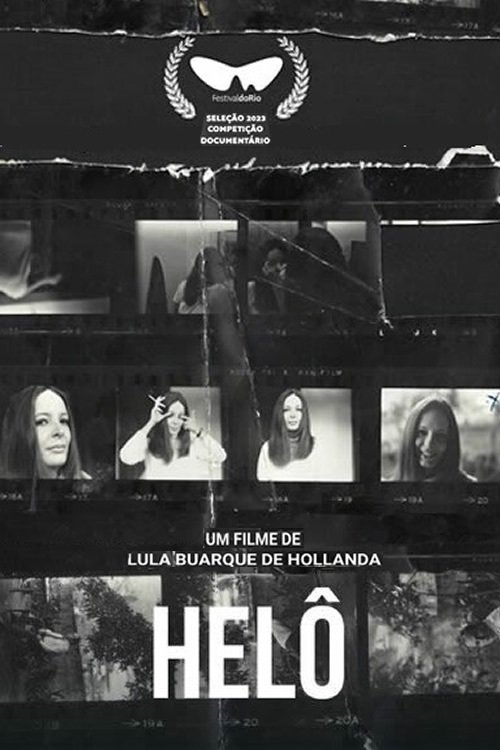
Considered one of the main Brazilian intellectuals, Heloisa Buarque de Hollanda — a member of the Brazilian Academy of Letters — left important marks on national thought and continues to be, at 84 years old, an active voice on the country's cultural and behavioral issues. The documentary sheds light on the trajectory of this icon who has always been at the forefront, serving as an antenna and beacon for cultural and social movements that are to come, while delving into Heloisa's intimacy thanks to the access of her eldest son, director Lula Buarque de Hollanda.
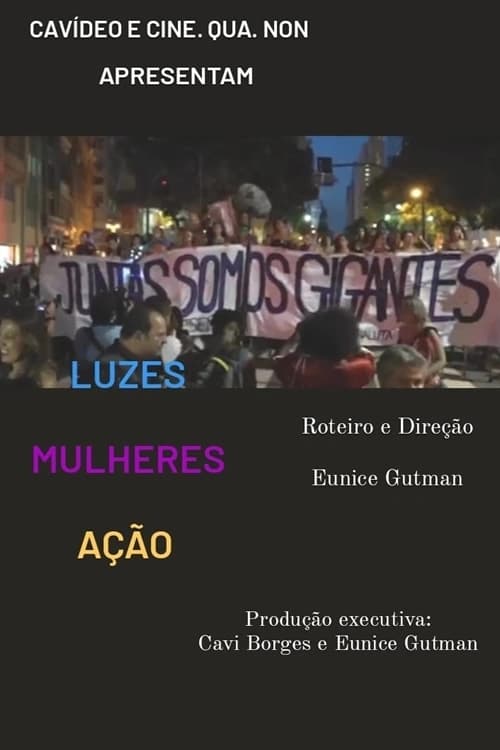
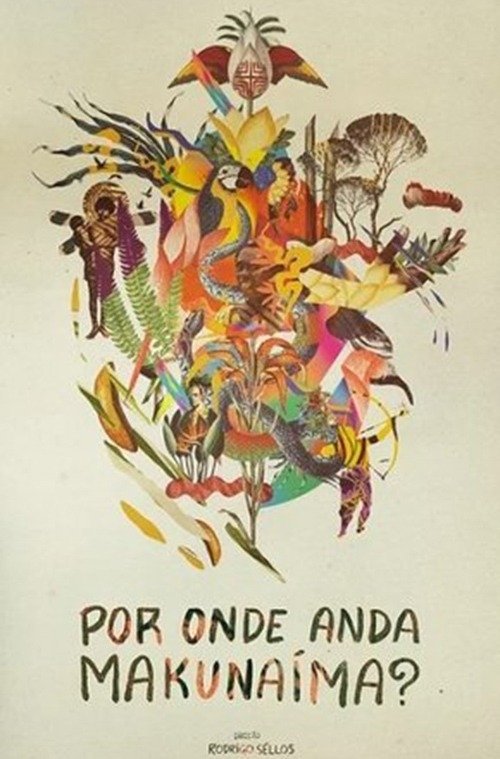
Searching for Makunaima is a cultural and historical account of the most Brazilian character there is in fiction. The film begins with Makunaima, one of the founding myths of the native people from the border between Brazil-Venezuela-Guiana, first captured in the writings of the German ethnographer Koch-Grünberg at the beginning of the 1910s. With interviews in Portuguese, German, Spanish, and in the indigenous languages Macuxi and Taurepang, Searching for Macunaima reclaims this amazing character who represents Brazil in many ways (from literature to cinema to theatre) and remains relevant to date.
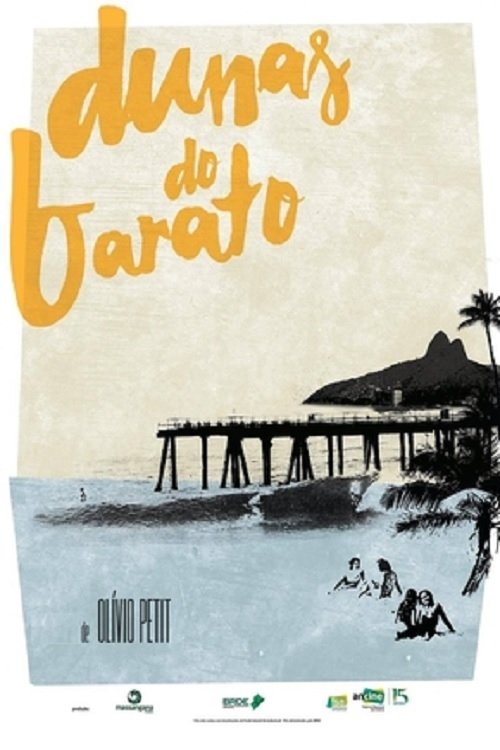
A rescue of the history of Ipanema beach in the 1970s, when the construction of a pier changed the landscape and created fertile soil for a generation of artists and sportsmen.
Heloísa Teixeira (Ribeirão Preto, July 26, 1939 – Rio de Janeiro, March 28, 2025), long known as Heloísa Buarque de Hollanda, was an essayist, writer, editor, and literary critic.
By browsing this website, you accept our cookies policy.